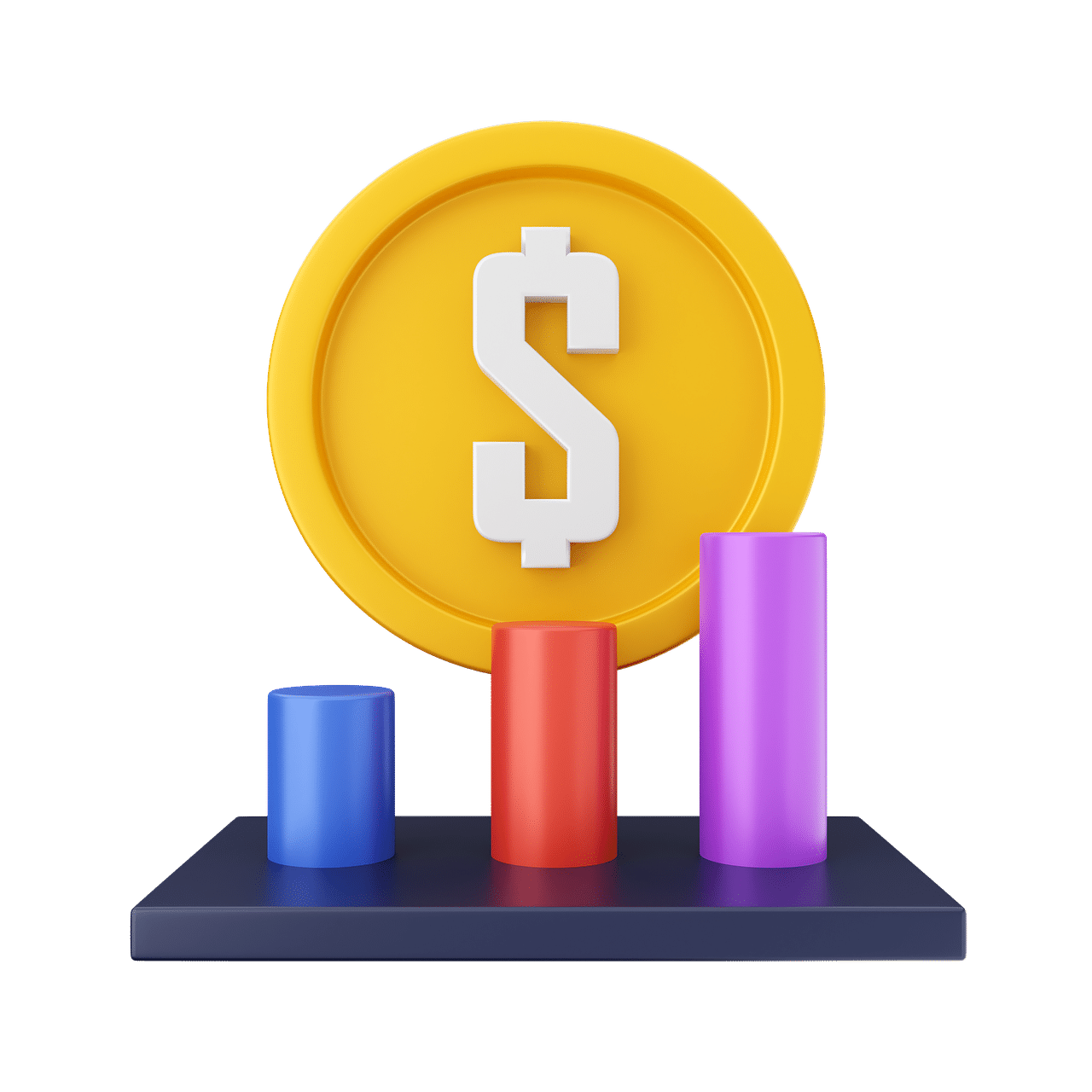
Short-term financial assets are traded in the money market.
The money market is a branch within the financial market where financial assets (certificate of deposits, promissory notes, etc.) are traded in the short term. Its purpose is to offer economic agents the option of transforming their wealth into securities with a high degree of liquidity.
For example: "The multinational will go to the money market to obtain financing," "The money market plays a very important role in the local economy ."
It should be noted that the social institution that emerged from the relationship between sellers and buyers who seek to carry out exchanges or transactions is known as a market . On the other hand, monetary , from the Latin monetarius , is that belonging to or relating to currency (the piece of gold or other metal that is used as a medium of exchange and, by extension, the legal tender bill, paper or currency).
Money market agents
Banks , savings banks and public administrations are the main agents involved in the money market. Other participants are non-bank financial institutions, such as insurance companies .
Participation in the money market can occur through a direct relationship with the issuers of the assets or through specialized intermediaries (such as brokerage houses or banks). Among the reasons to invest in a money market can be mentioned security, high liquidity and flexibility .
The assets traded in the money market, therefore, are characterized by their low risk and high liquidity . Within this market, it is possible to distinguish the credit market and the securities market (primary and secondary); The details are set out below.

Public administrations, savings banks and banks intervene in the money market.
Credit negotiation
The credit market is an interbank market with a great specialty in very short-term and wholesale operations. The negotiation of a money deposit can have a minimum term of one day, and a maximum of one year. This is the market in which the MIBOR is set, an offer interest rate used as a reference and belonging to the Madrid interbank market.
On the other hand, the credit market is also responsible for carrying out the REPO operation, an agreement by which the sale of a financial security is carried out (which is generally treasury bills), with the particularity that its seller assumes the commitment to repurchase it on a date and at a price defined at the time of the first transaction .
The money market and other sectors in Spain
At first glance, a securities market can be divided into the following two types:
- Primary : it does not have a specific organization. The person who issues the titles sells them to receive resources in exchange ;
- Secondary : this, in turn, contains the stock market (which allows the change of ownership of securities very easily) and the Public Entry Debt Market , which is defined below.
The functioning of the book-entry public debt market , meanwhile, is based on the negotiation of public debt that is represented through book entries and securities whose issuance is in charge of public organizations, the Autonomous Communities and other national and international institutions. that have authorization from the Ministry of Economy and Finance.
It is worth mentioning that, in this case, the titles are not presented in physical format, but simply consist of account entries, made or managed by the Central State Debt Account Entries, run by the Bank of Spain . It is in charge of issuing, amortizing and paying interest on the total issuance of securities and also carrying out the organization of the entire market.
Finally, its members include account holders and managing entities; Specialist agents and individual investors cannot intervene in it.
